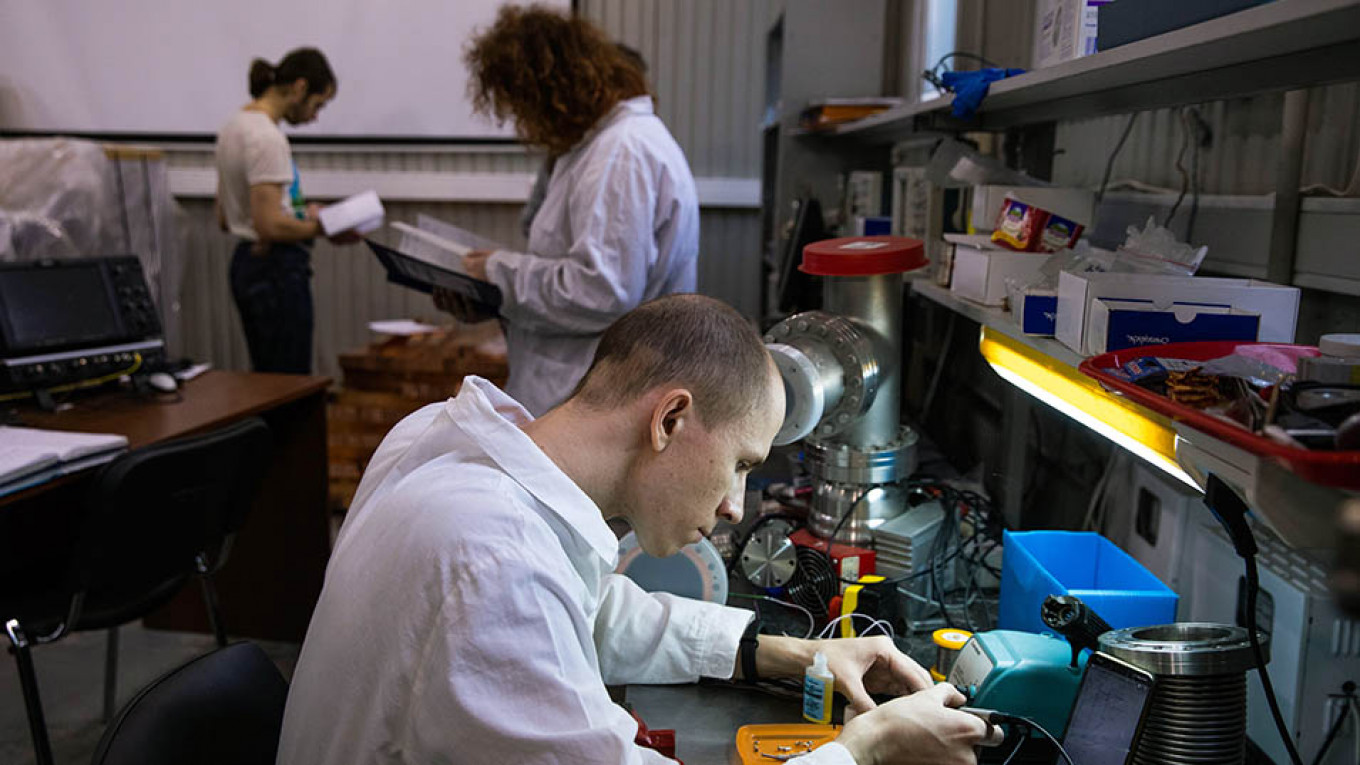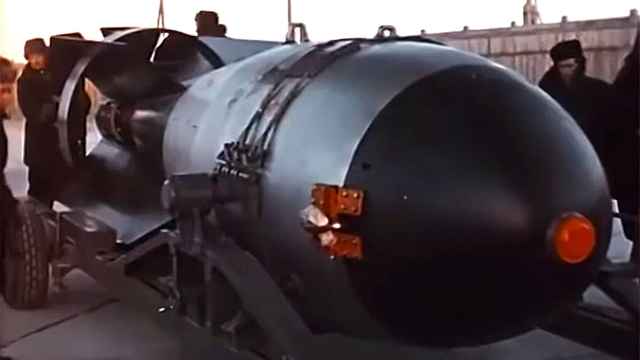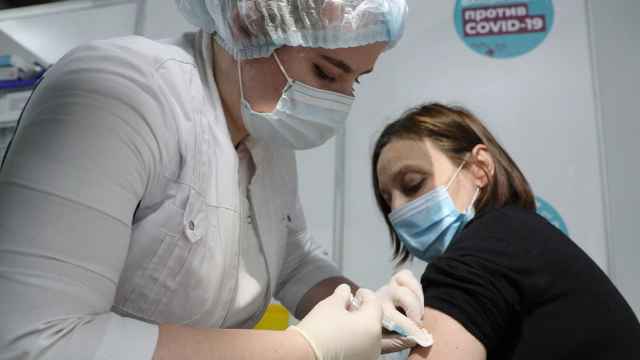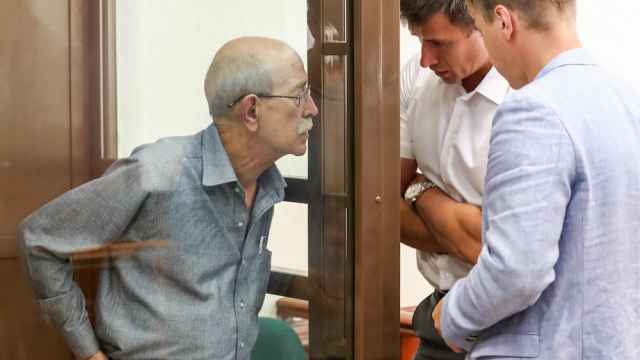Russia has scrapped highly criticized restrictions on its scientists a year after issuing them, the Education and Science Ministry's newly appointed chief was quoted as saying Monday.
The February 2019 order that was made public months later had advised government-affiliated scientists to seek formal approval before meeting foreign colleagues and to bring companions to such meetings. The Education and Science Ministry had said the rules should be seen as recommendations, while the Kremlin said that it was concerned about foreign espionage.
“That order is canceled,” Education and Science Minister Valery Falkov, one of several newcomers after last month’s cabinet reshuffle, said at a press conference, according to Interfax.
“We’re interested in pursuing cooperation based on the principles of open science,” the state-run RIA Novosti news agency quoted Falkov as saying.
The scrapped directive had urged scientists to inform their superiors in advance of plans to meet foreign scientists and also to report back on what was discussed.
It also largely banned foreign scientists from using cellphones, cameras and other recording devices inside government agencies.
Critics of the order said it would fail to improve Russia’s security and would only increase the country’s isolation.
It had been enacted at a time of increased tension between Russia and the West, as well as treason charges leveled against a number of Russian scientists for handing over secret documents to foreigners. Kremlin critics have called the charges unfounded.
A Message from The Moscow Times:
Dear readers,
We are facing unprecedented challenges. Russia's Prosecutor General's Office has designated The Moscow Times as an "undesirable" organization, criminalizing our work and putting our staff at risk of prosecution. This follows our earlier unjust labeling as a "foreign agent."
These actions are direct attempts to silence independent journalism in Russia. The authorities claim our work "discredits the decisions of the Russian leadership." We see things differently: we strive to provide accurate, unbiased reporting on Russia.
We, the journalists of The Moscow Times, refuse to be silenced. But to continue our work, we need your help.
Your support, no matter how small, makes a world of difference. If you can, please support us monthly starting from just $2. It's quick to set up, and every contribution makes a significant impact.
By supporting The Moscow Times, you're defending open, independent journalism in the face of repression. Thank you for standing with us.
Remind me later.






